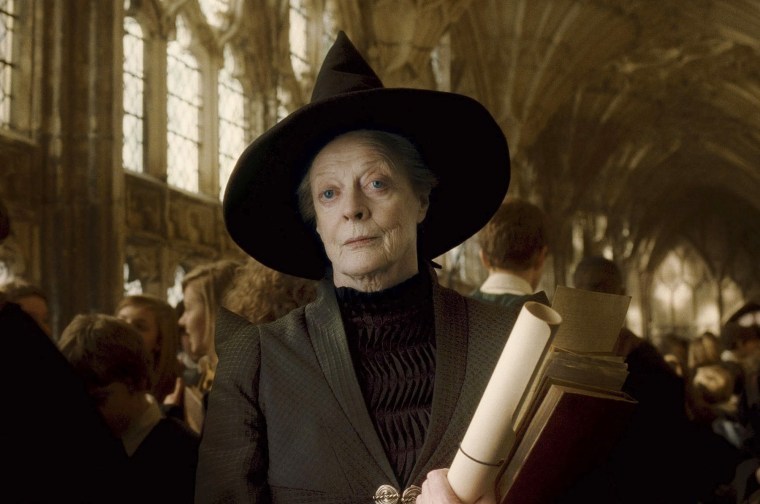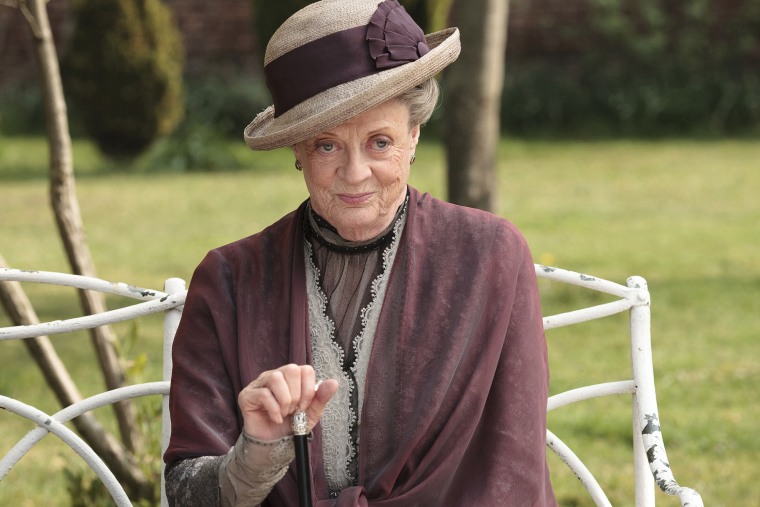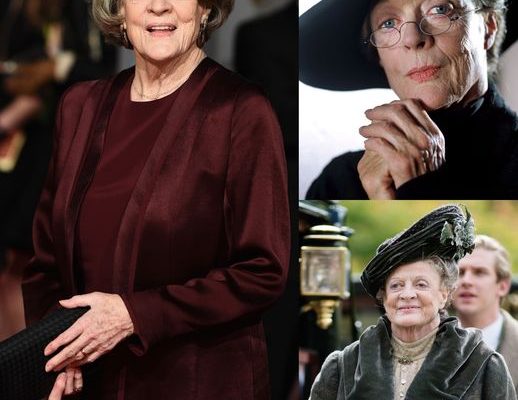She was 89.
Smith’s sons, Chris Larkin and Toby Stephens, paid tribute to their mother in a joint statement. “It is with great sadness we have to announce the death of Dame Maggie Smith. She passed away peacefully in hospital early this morning,” they wrote.

“She was with friends and family at the end. She leaves two sons and five loving grandchildren who are devastated by the loss of their extraordinary mother and grandmother,” Larkin and Stephens wrote. They did not immediately specify a cause of death.
In a career spanning nearly seven decades, Smith established herself as one of the most towering and beloved British actors of her generation, revered for her witty line deliveries and self-possession.
She was frequently honored by her peers. She won Academy Awards for her performances in “The Prime of Miss Jean Brodie” (1969) and “California Suite” (1978). She earned four Emmy Awards, including three for her role as Violet Crawley on “Downton.”

She received Tony nominations for her performances in Noël Coward’s “Private Lives” and Tom Stoppard’s “Night and Day” before winning the best actress prize for “Lettice and Lovage” in 1990 — the same year she was made a dame by Queen Elizabeth II.
Margaret Natalie Smith was born Dec. 28, 1934, in the town of Ilford in East London. She studied acting at the Oxford Playhouse School and made her professional acting debut in a production of Shakespeare’s “Twelfth Night” in 1952.
